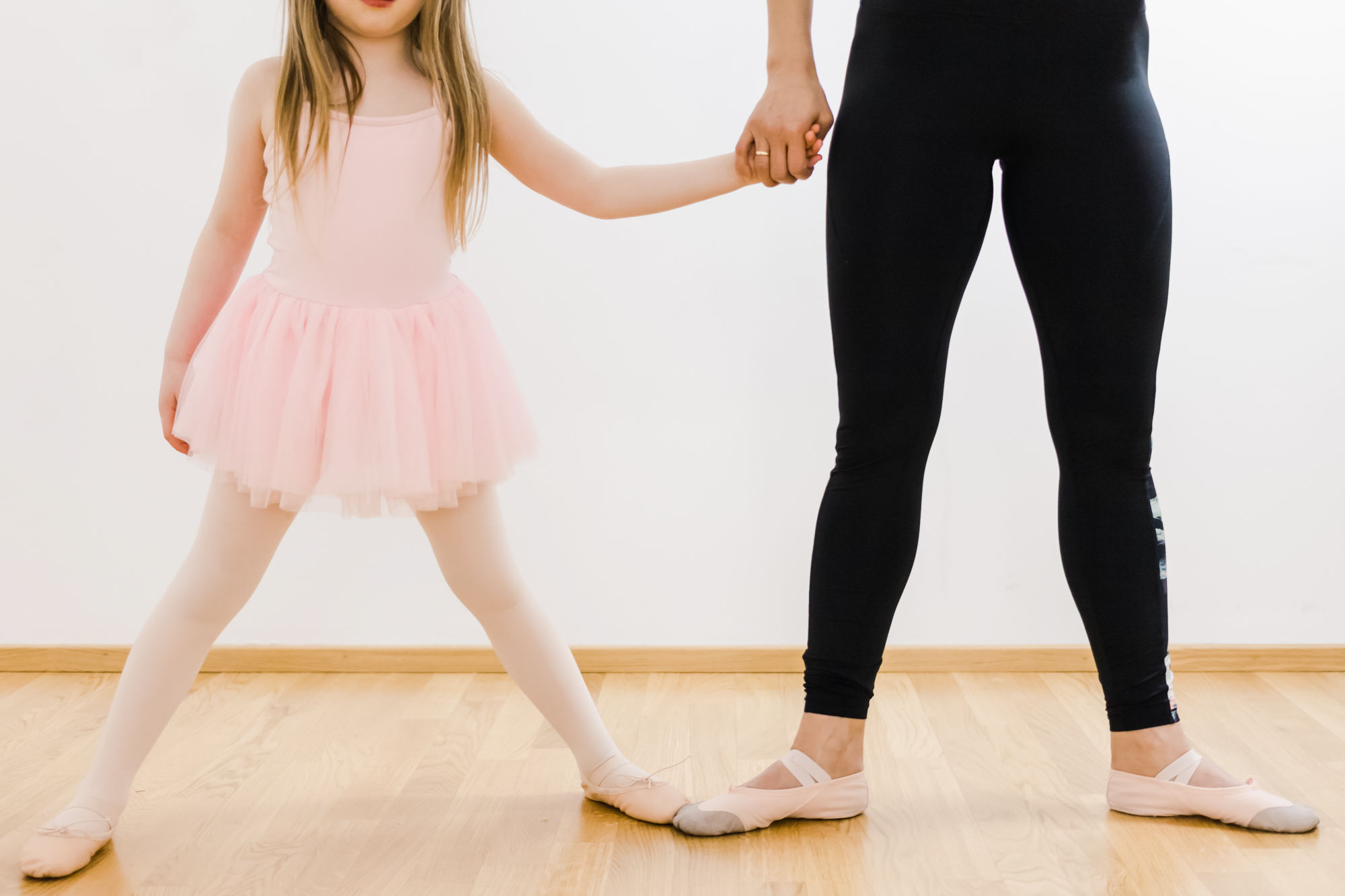Nurturing Positive Body Image: A Guide for Parents and Caregivers
How to Start Laying the Foundation for Confidence, Resilience, and Self-Love

“Focusing on what the body can do rather than how it looks builds a foundation for healthy self-esteem.”
—Dr. Jennifer Hartstein, Child Psychologist
As a psychotherapist, I support clients of all ages in navigating and overcoming challenges related to body image. Body image refers to how we perceive, think about, and feel toward our bodies, profoundly influencing our mental and emotional well-being.
Alarmingly, nearly 80 percent of teenage girls report dissatisfaction with their bodies, often influenced by the media’s unrealistic portrayals of beauty (Murray et al., 2023).
As the saying goes, “How you see yourself is how you show up in the world,” and helping children develop a positive body image lays the foundation for confidence, resilience, and self-love.
What is Body Image Acceptance?
Body image acceptance involves acknowledging and appreciating your body for its unique qualities and abilities, rather than focusing on perceived flaws. Children who develop body acceptance are more likely to enjoy physical activities for the sake of fun and well-being, rather than as a means to change their appearance. They’re also more inclined to practice balanced eating, guided by hunger and fullness cues, instead of restrictive or guilt-driven eating patterns. This mindset fosters a healthier, more sustainable relationship with both their bodies and overall health.
Children with body acceptance tend to also focus on what their bodies can do, not just how they look. Conversely, negative body image can lead to serious health issues such as disordered eating, compulsive exercise, anxiety, depression, and low self-esteem. These challenges often impair social interactions and mental health and can even lead to more severe conditions if left unaddressed (Stice et al., 2022).
How to Encourage Positive Body Image in Children
Parents and caregivers play a key role in shaping body image. Here are strategies to guide and empower your child:
Be a Role Model
- Mind Your Words: Avoid negative comments about your own or others’ bodies. Celebrate your body for its abilities rather than its appearance.
- Welcome Open Dialogue: Create a safe space to discuss body image concerns, encouraging your child to share fears or insecurities.
- Challenge Unrealistic Beauty Standards: Help your child critically assess media and social influences, explaining how many images are edited and unrepresentative of reality.
Celebrate Body Diversity
- Highlight that bodies come in all different shapes, sizes, and abilities.
- Use resources like Bodies Are Cool by Tyler Feder or the Dove Self-Esteem Project to teach acceptance and promote diverse representations.
Encourage Healthy Habits
- Balanced Eating: Avoid labeling foods as “good” or “bad.” Instead, focus on nourishment and enjoyment to prevent guilt or shame around food.
- Joyful Movement: Prioritize physical activities that your child enjoys, emphasizing fun over appearance-related goals.
Build Confidence Beyond Appearance
- Highlight your child’s unique talents, skills, and qualities.
- Teach problem-solving and coping strategies like mindfulness to bolster resilience and self-esteem.
Collaborate with Schools
- Advocate for anti-bullying programs that address body-related teasing.
- Encourage your child to join clubs or activities where skills and interests are valued over appearance.
Final Thoughts
Nurturing a healthier body image in our children is an opportunity to help shape their future. By modeling acceptance, celebrating diversity, and promoting wellness over aesthetics, we can help them develop greater confidence and self-compassion. These values, when nurtured at home, can lead to a lifetime of good self-esteem and mental well-being. As motivational speaker Gabrielle Bernstein wisely notes, “The greatest gift you can give your children is the freedom to feel confident in their own skin.”
If you find yourself concerned about your child’s body image or self-esteem, remember that you are not alone. Seeking guidance from a healthcare provider or mental health professional can give you the support and reassurance you need to navigate these challenges.
Rebecca Capps, LMFT, specializes in Eating Disorders and is the CEO of Mind-Body Thrive®.
*Note: The information provided is not a substitute for professional therapy or medical advice.
References
Murray, T., Katz, L., & Chou, C. (2023). Media exposure and body dissatisfaction in adolescents. Media Psychology Review, 10(1), 45–59.
Stice, E., Shaw, H., & Marti, C. N. (2022). Body image and disordered eating: A meta-analysis. Psychological Bulletin, 148(6), 679–703.
Premier Events
Sat, Dec 28
7:00 PM
Lompoc
Rosie Flores & Grey DeLisle + Special Guests LIVE
Sat, Dec 28
7:00 PM
Carpinteria
Family Comedy Night at The Alcazar
Sat, Dec 28
7:00 PM
Santa Barbara
The Temptations at Casa De La Raza
Sat, Dec 28
9:00 PM
Santa Barbara
Film Screening: “Indiana Jones and The Last Crusade”
Tue, Dec 31
5:00 PM
Santa Barbara
New Year’s Eve Dinner
Tue, Dec 31
6:00 PM
Santa Barbara
Gin + Jazz New Year’s Eve Celebration at El Encanto
Fri, Jan 03
6:00 PM
Santa Barbara
Flow’s 1st Friday Tea Social- Stuff Swap
Sun, Jan 05
7:00 PM
Santa Barbara
Jazz at the Lobero: Robert Glasper
Sun, Jan 05
7:00 PM
Santa Barbara
Taylor-Made Tapestry – A Tribute to Carole King & James Taylor
Sat, Dec 28 7:00 PM
Lompoc
Rosie Flores & Grey DeLisle + Special Guests LIVE
Sat, Dec 28 7:00 PM
Carpinteria
Family Comedy Night at The Alcazar
Sat, Dec 28 7:00 PM
Santa Barbara
The Temptations at Casa De La Raza
Sat, Dec 28 9:00 PM
Santa Barbara
Film Screening: “Indiana Jones and The Last Crusade”
Tue, Dec 31 5:00 PM
Santa Barbara
New Year’s Eve Dinner
Tue, Dec 31 6:00 PM
Santa Barbara
Gin + Jazz New Year’s Eve Celebration at El Encanto
Fri, Jan 03 6:00 PM
Santa Barbara
Flow’s 1st Friday Tea Social- Stuff Swap
Sun, Jan 05 7:00 PM
Santa Barbara
Jazz at the Lobero: Robert Glasper
Sun, Jan 05 7:00 PM
Santa Barbara






















